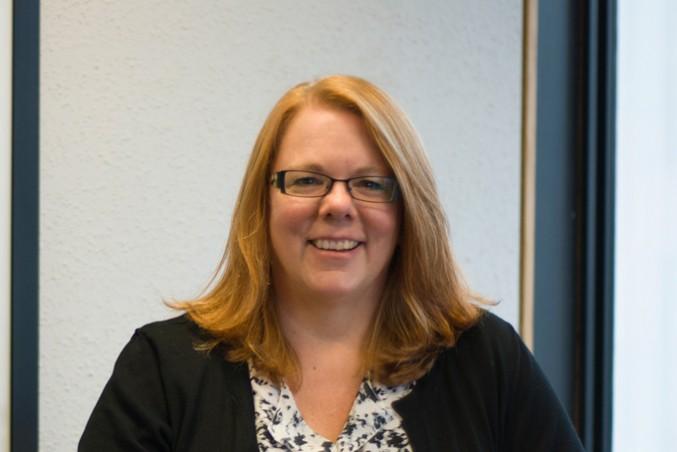By Farnia Fekri
As of June 26, Ryerson has a specific policy to deal with sexual violence.
The Board of Governors approved the policy after vice-provost Heather Lane Vetere released a 29-page report in May. The report reviews protocols already in place and recommends what community members should be able to expect in response to sexual harassment.
“I don’t see it as a done thing,” Lane Vetere said. “I think there’s going to be a lot of input and conversation over this next year as we start to kind of put all of the programs and plans in place.”
Some of the programs and plans enforced by the policy are year-round education, continuous support for victims and a formal system of complaint — all headed by full-time staff in an office of sexual violence education and support.
Lane Vetere was tasked with drafting a review by provost Mohamed Lachemi in November 2014, after a Toronto Star article highlighted a lack of specific policies in almost all post-secondary institutions in Canada.
The problem was not an absence of procedures or support for victims of sexual violence, but a lack of information in the community, according to Lane Vetere. “So I think that this whole process, stemming from this article, has helped us all take a look at what we do, helped us ensure that we do what we do better, and ensure that people know where to go,” she said.
For third-year psychology student Keisha Gobin, the previous lack of a single sexual assault policy given the downtown location of Ryerson’s campus was a “grave oversight.”
But the policy is a good first step towards safety on campus, she said, adding that she’s “happy to hear that they are pushing for this to be included in [Ryerson policy].”
Several months into Lane Vetere’s community consultations, Ontario Premier Kathleen Wynne announced a $41-million action plan to combat sexual assault. The blueprint, which addressed many institutions including university and college campuses, enforced several practices such as the release of sexual assault statistics, the periodic renewal of unique policies with input from students, and 24/7 support for survivors of sexual assault.
“It kind of confirmed the direction we were already taking,” Lane Vetere said, noting that Ryerson’s policy will be reviewed in the Fall of 2016, then every four years as required by Ontario’s action plan. By the time Wynne released her plan, Lane Vetere had already started conducting research, examining policies at Ryerson and other universities, as well as meeting with dozens of small groups and individuals to talk about sexual assault.
These consultations were the most rewarding and challenging part of her task.
“I really wanted people to read the report, who had spoken to me … and go, ‘Oh yeah, she heard me,’” Lane Vetere said.
While Rabia Idrees, vice-president equity for the Ryerson Students’ Union (RSU), was satisfied with the policy and the report’s inclusion of student voices, her biggest concern is publicity.
“It would just be good to see if throughout the year it doesn’t just disappear in the winter semester, so that it continually is shown to students,” Idrees said.
If the university succeeds at their job of education and support, the number of sexual assaults being reported will increase and that, according to Lane Vetere, is a success.
“We know it doesn’t mean there’s more violence happening in our community,” she said. “It means that we’ve created a place where people feel safe talking about it.”













Leave a Reply